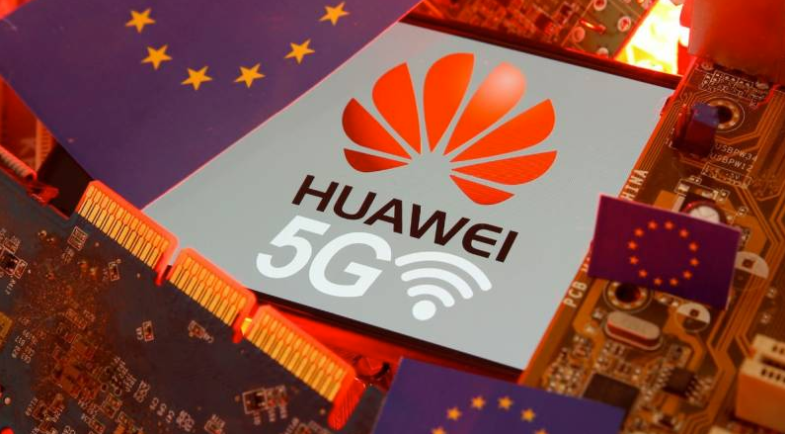Beijing: China landed its first-ever Mars space rover on the Red Plant.
The lander carrying “Zhurong” completed the treacherous descent through the Martian atmosphere using a parachute to navigate the “seven minutes of terror” as it is known, aiming for a vast northern lava plain known as the Utopia Planitia.It “successfully landed in the pre-selected area”, state broadcaster CCTV said, launching a special TV programme dedicated to the mission called “Nihao Mars” (“Hello Mars”).
China became the second spacefaring country after the United States to land on the Red Planet on Saturday, state news agency Xinhua reported. The spacecraft, which was unmanned, made a successful landing on the planet’s surface.
According to Xinhua, the Tianwen-1 spacecraft made landfall on Utopia Planitia, a large plain, “leaving a Chinese footprint on Mars for the first time.”
On Friday at around 1700 GMT, the craft bailed out of its parked orbit. Three hours later, according to the official China Space News, the landing module broke apart from the orbiter and entered the Martian atmosphere.
According to the report, the landing involved “nine minutes of terror” as the module decelerated before descending gradually.
Zhurong, a solar-powered rover, will now scout the landing area before leaving its platform to carry out examinations.
Zhurong, named after a legendary fire god in Chinese mythology, is equipped with six scientific instruments, one of which is a high-resolution topographical camera.
The rover will investigate the planet’s atmosphere and surface dirt. Zhurong will also use a ground-penetrating radar to search for indications of ancient life, such as any subsurface water and ice.
China is working on a large-scale space program. It is intending to build a manned lunar research base in addition to testing reusable spacecraft.
China is dedicated to “unveiling the secrets of the universe and contributing to humanity’s peaceful use of space,” according to a Saturday commentary from Xinhua, which stated that China was “not looking to compete for leadership in space.”
Also Read: Musk Sights on Moon Rocket’s First Orbital Flight in Early 2022





